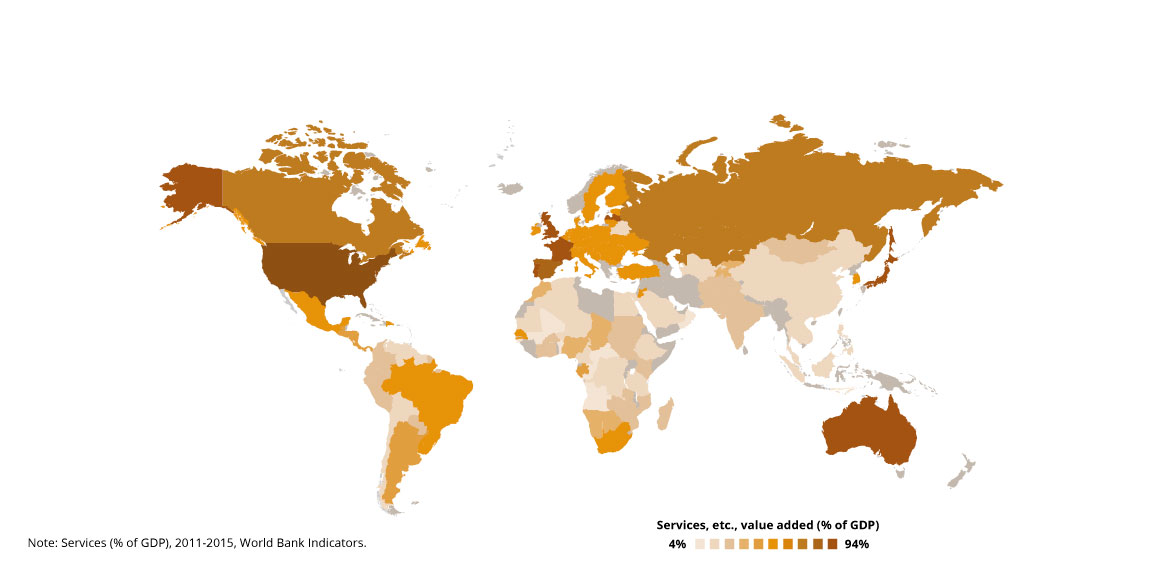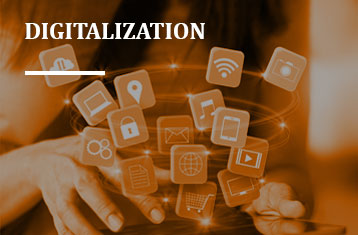NEWS: Master, Expert Courses & Training in Innovation. Click here for more information
WHAT WE DO
![]() INNOVATION MASTER, COURSES & TRAINING
INNOVATION MASTER, COURSES & TRAINING
- Be the innovation leader at your company – Postgraduate Business Innovation Expert Course
- Transform your public organization through innovation – Postgraduate Public Innovation Expert Course
- Social innovation as a way to social development – Postgraduate Social Innovation Expert Course
- Get a top of the line Master in innovation – Online Master in Business Innovation, Management and Technology
- Spend 1-3 weeks in Alcalá de Henares, a World Heritage City – 3.0 Innovation weeks
- Co-create with us your own customized training programme on request – Customized courses
NEWS
30th of May – Innovation event
On the 30th of May at 16.30, Luis Rubalcaba will present the new Online Master and Postgraduate Expert Courses in innovation.Also, Diego Aboal will give a presentation about innovation in public services in Latin America and the Carribean. Both presentations are open to everyone and will take place in Aula Magna at the faculty of Economy and Business of the University of Alcalá. Note: The presentation will be given in Spanish.
INSERAS presentation at The Spring Servitization Conference 2019
INSERAS presentation at The Spring Servitization Conference 2019 from the 12th till the 15th of May 2019 in Linköping in Sweden.
NEWSLETTER
INNOVATION BLOG
New entry: The innovative evolution from apes to mankind.
Click here to read the blog.
SELECTED PROJECTS
![]()
Horizon 2020
EUROPEAN PROJECT
Horizon 2020 Project (Ongoing) Understanding the transformation of European public administrations (Co-VAL). Research and Innovation action for the Call H2020 Understanding Europe – Promoting the European Public and Cultural Space.
read more
Co-VAL pursue the introduction of a new paradigm of public service design and delivery. In fact, the project team wants to discover, analyze, and provide policy recommendations for transformative strategies based on the value created via the joint participation of various stakeholders in public administration’s decision making processes. Citizens, civil servants, private and third sector organizations will voluntarily participate in the development of transformative innovations that can address changing needs and solve social problems.
Co-VAL will produce three kinds of outcomes: 1) A theoretical framework, 2) New empirical evidence and metrics, and 3) Policy recommendations and policy tools. Results on these three kinds of outcomes will be periodically made available in the official project website.
SELECTED EVENTS
2018 RESER CONFERENCE ON SERVICES IN THE AGE OF CONTESTED GLOBALIZATION
The 28th Annual RESER Conference has been organised on September 20-22, 2018, in Gothenburg, Sweden by the University of Gothenburg and Chalmers University of Technology.
read more
As in the past, we expect participation by academics and policy makers. Business people and professional associations representing services sectors are also invited to attend.
Since its first international conference in 1990, the RESER research community has sought to identify and explore new service trends in a multidisciplinary context. The RESER conference is interested in studies ranging from the micro to the macro level. Papers that explore the issues related to the main theme with its tracks are especially welcome.
2017 RESER CONFERENCE ON SERVICES
The 27th Annual RESER Conference has been organised on September 7-9, 2017, in Bilbao, Spain by Mondragon University. The crucial role of services in business and cities competitiveness.
read more
The RESER 2017 conference aims to capture frontier thinking in service research and to set a new research agenda to make sense of the full picture of economies and society as complex networks and systems of services. More specifically the conference of this year wants to open a reflection in two directions. On the one hand, we want to think with researchers and practitioners about the particular features of advance services sector. On the other hand, we hope to talk deeply about the contribution of the city to the development of this advance service sector. Bilbao aims to promote a third transformation based in the development of a plethora of advanced services; thus, we hope that new and interesting perspectives and contributions coming from researchers will help in this direction.
Service scholars face new challenges within a more complex and inter-dependent world that needs to achieve a balanced, inclusive and sustainable growth. RESER 2017 will pay special attention to the servitization issue that is changing the business models of a lot of industries around the world. Basque Country is one of the leading regions in industrial development in Europe and now is facing with successful results the so called, industry 4.0 challenge which is generating great interest about the crucial role of services in this strategy.
As always do the conference the broadening the research domain, the unit of analysis is not anymore the product or service but the well-being of both individuals and societies.
This conference is a forum for presentation and discussion of inter-disciplinary, innovative studies in service research. Scholars and practitioners of management, marketing, engineering, economics, sociology, geography, are invited to submit papers that explore and develop a multidisciplinary understanding of various service issues. Papers can be based on literature reviews, conceptual and empirical studies using qualitative, quantitative and mixed methods.
RECENT SCIENTIFIC PUBLICATIONS
Gallouj, F., Rubalcaba, L., Toivonen, M., & Windrum, P. (2018). Understanding social innovation in services industries. Industry and Innovation, 25(6), 551-569.
read more
Rubalcaba, L. (2017) Competitiveness. In Richardson, D. et al. (Eds) The International Encyclopedia of Geography. People, the Earth, Environment and Technology. Wiley-Blackwell DOI: 10.1002/9781118786352.wbieg0585
read more
 ARTICLE ON SERVICES POLICIES FOR DEVELOPING ECONOMIES
ARTICLE ON SERVICES POLICIES FOR DEVELOPING ECONOMIES
Rubalcaba, L. (2015) Service innovation for developing economies: Policy rationale and framework. Emerging Markets Finance and Trade, Vol 51 (3), 540-557.
read more
Services are becoming dominant activities in the world, and service innovation is a way to increase growth and welfare. Service-innovation policies are justified by a wide range of reasons, including the existence of market and systemic failures. In developing economies, these failures are often more serious than in developed economies. Innovation in services presents specific characteristics that are different from innovation in goods. A policy framework and a policy menu with different options are proposed. They include horizontal and vertical policies, as well as a systemic approach in which services can constitute a key component of any innovation policy.
NEW BOOK ON SERVICES IN LATIN-AMERICA AND THE CARIBBEAN
Aboal, D., Crespi, G. and Rubalcaba, L. (2015) (Eds) La innovación y la nueva economía de servicios en América Latina y el Caribe. Retos e implicaciones de política. CINVE – IDB.
read more
Visit website (Full text available only in Spanish)
 WORKING PAPER ON SERVICES IN DEVELOPING ECONOMIES
WORKING PAPER ON SERVICES IN DEVELOPING ECONOMIES
Di Meglio, G., Gallego, J., Maroto, A. and Savona, M. (2015) Services in Developing Economies: A New Chance for Catching-Up? SPRU Working Paper Series SWPS 2015-32.

















